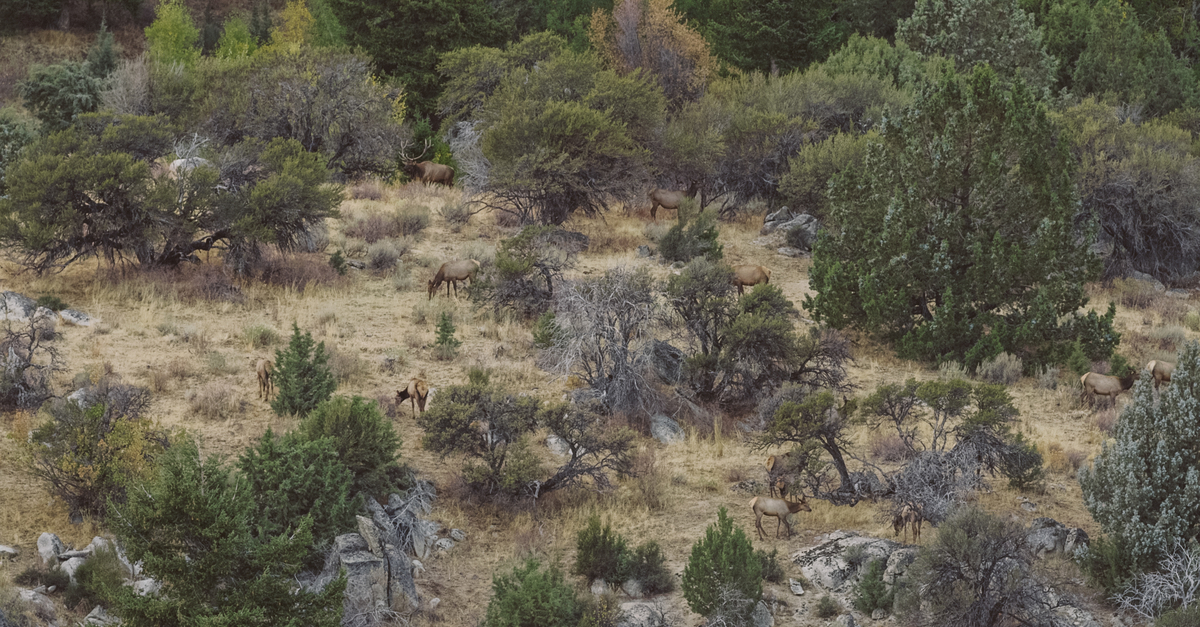It is not a done deal. In fact, there is not even a proposal on the table but rumblings of what could be a massive land swap in northeast Nevada are already gaining attention from many residents, sportsmen, nonprofit groups and conservation organizations like the Rocky Mountain Elk Foundation.
According to the Elko Daily Free Press, the 1.2-million-acre Winecup Gamble Ranch north and east of the small town of Wells wants to improve its operations across vast checkerboard land ownership. Several people who spoke at a recent Nevada Board of Wildlife Commissioners meeting said the exchange would entail trading 85,000 acres of private land for 235,000 public acres currently managed by the Bureau of Land Management. When asked, an official with the Elko BLM District’s Wells Field Office emailed the newspaper that “this is not a BLM project or action at this time.”
“The RMEF would like to express our deep concern. It would result in significant loss of public access for hunters and other recreationists to a key area of land, significantly hindering the state’s ability to manage healthy elk populations and other wildlife,” Aaron Swift, RMEF Intermountain West lands program manager, told the commission (go to 25:25 mark).
A ranch representative told the commission such an exchange would allow for improved ranch management and efficiency. He also said it would implement conservation easements and the ranch planned to seek support and approval from lawmakers to make the land exchange happen.
“RMEF believes land exchanges are an essential tool to enhance public access and wildlife management, especially amid checkerboarded land ownership patterns. But this proposal, as it stands today, would set a negative precedent for an otherwise valuable tool and should be amended. We believe that if a more balanced land exchange proposal is brought forward this can be a win for all parties involved,” said Swift.
Others expressed concern over the potential loss of public access, risks for habitat loss and development, and a perceived acre-for-acre inequality of a possible exchange.
(Photo credit: Rocky Mountain Elk Foundation)
